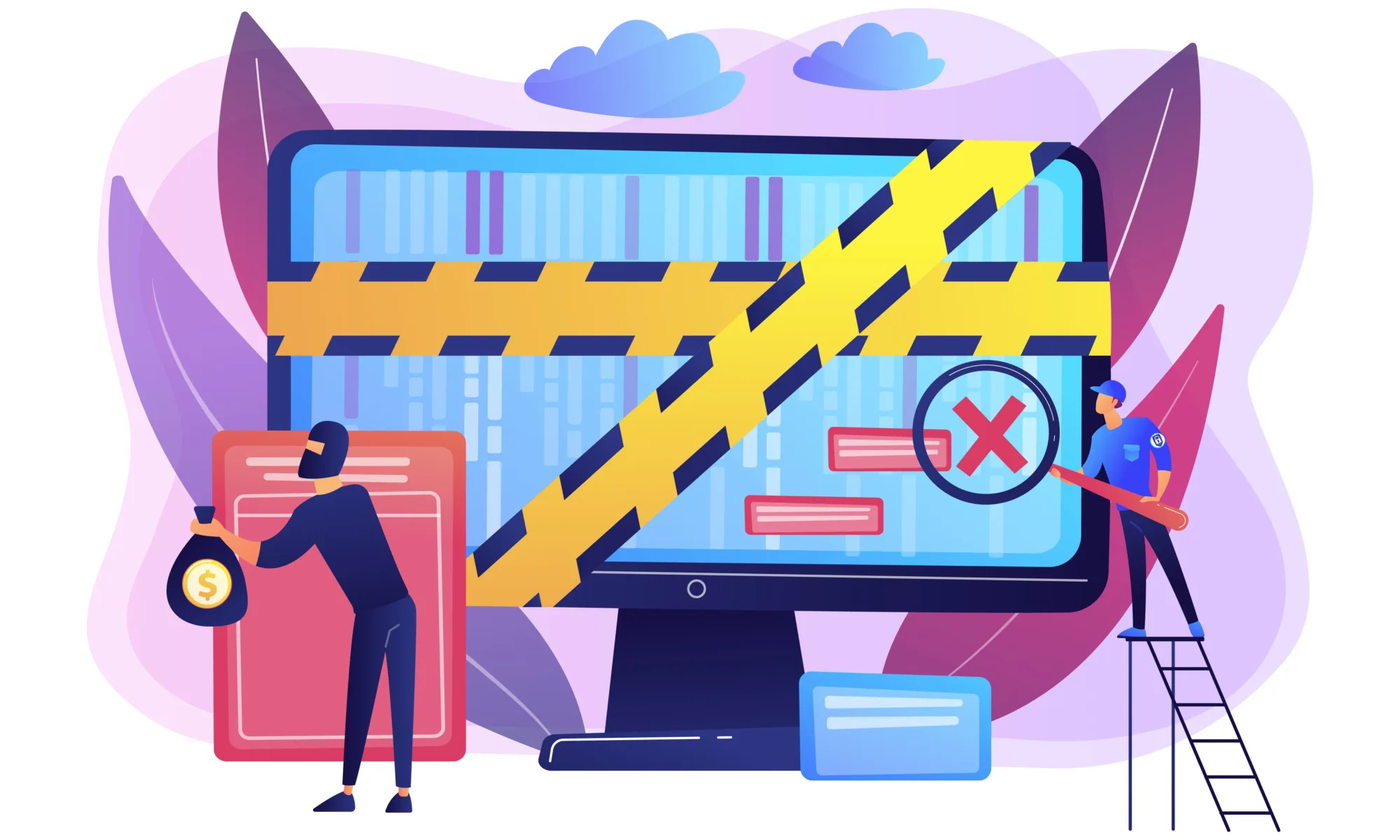Introduction to Proxies and Their Levels of Anonymity
Elite proxies arise as the ultimate tool for protection your privacy and anonymity due to the constant threat of online tracking, data collection, and surveillance. As a result, it’s better to take steps to protect your personal information while just browsing the web, let alone performing professional and business activities.
Whether you are aware or not, proxies come in different levels of anonymity. These levels range from transparent to anonymous to elite.
Transparent proxies, as the name suggests, offer the lowest level of anonymity. They reveal to websites that you’re using a proxy and forward your IP address, making them unsuitable for privacy-conscious users.
Anonymous proxies, on the other hand, provide a moderate level of anonymity by hiding your IP address and making it appear as if requests are coming from the proxy server itself. However, they still identify themselves as proxies, which can lead to limitations and potential bans from certain platforms.
What are Elite Proxies?
Elite proxies, a.k.a. high anonymity proxies, are the tools we recommend our customers and partners. This is since they provide the highest level of privacy and security while browsing the internet. Elite proxies not only hide your IP address but also conceal the fact that you’re using a proxy at all. As far as technology is concerned, they modify the HTTP headers of your requests. Thus, they remove any identifying information. It is quite difficult and not that likely for websites to detect that a proxy is being used.
With elite proxies, you hide successfully your location and identity. This degree of anonymity is especially helpful for sensitive research, geo-restricted content access, and other online activities requiring a high level of secrecy.
If you want to try out the highest level of security get a trial on QuickProxy for only $1.99.
Use Cases for Elite Proxies
Elite proxies provide a variety of purposes for different users and businesses. Here are a few such situations in which elite proxies come in handy. You can benefit from them in case of:
- Accessing geo-restricted content: With the use of elite proxies, you can get around geographical limitations and view content that might be restricted in your area. Elite proxies make it simple for you to access websites that are restricted to specific regions or watch video material from other countries.
- Protecting online privacy: Elite proxies let you access the internet without leaving any digital footprint. Elite proxies assist in shielding your privacy from third parties by hiding your IP address and identity, guaranteeing the security of your personal data. If you are curious to understand more about digital footprint, please refer to this article: What is browser fingerprinting and how to prevent it?
- Enhancing online security: Elite proxies serve as a line of defense between your gadget and prospective internet dangers. Your internet traffic can be routed through a secure proxy server to reduce the possibility of malware infections, cyberattacks, and data breaches. If you are interested in learning more about protection from malware via proxies, please read our blog post on that topic.
- Managing multiple accounts: Elite proxies offer you a handy alternative if dor some reason you need to manage several online identities. Platforms that forbid the usage of multiple accounts from the same IP address may flag or ban you if you don’t assign unique IP addresses to each account.
More on managing multiple accounts on social media here.
If you want to enjoy the advantages of our elite proxies, get 1 GB of bandwidth.
Elite Proxies vs. Other Privacy Tools
Quite naturally you want to get an idea of elite proxies compared to other possible tools for protection. Let’s take a closer and unbiased look at some common comparisons:
- Elite Proxies vs. VPNs: Virtual private networks (VPNs) and premium proxies both seek to safeguard your online security and privacy. On the other hand, proxies only route some types of traffic through the proxy server; VPNs encrypt all of your internet traffic. Elite proxies are frequently quicker and more suited for certain jobs, like site scraping or account management, but VPNs offer a more complete option for total internet protection.It is not appropriate to say Elite proxies are better than VPNs or vice versa. They are just built for different purposes. Again, our blog section lets you understand in depth the difference between these tools. We have developed a specific topic on the comparison. Read our blog post on proxy VS VPN.
- Elite Proxies vs. Firewalls: Firewalls are made to keep potential threats and illegal access away from your network or device. By keeping an eye on and managing incoming and outgoing network traffic, they serve as a barrier. Although firewalls are necessary for network security, elite proxies offer a higher degree of privacy and anonymity than firewalls. Elite proxies are an additional tool to firewalls because they concentrate on hiding your IP address and online identity.
- Elite Proxies vs. Antivirus Software: The purpose of antivirus software is to identify and stop malware infections on your device. It assists in defending your system against trojans, viruses, and other harmful software by scanning it for any risks. Antivirus software is essential for device security, but it lacks top proxies’ privacy and anonymity features. Elite proxies are a useful complement to your entire security plan because they concentrate on safeguarding your online identity and disguising your online activity.
Scenarios Where Elite Proxies are Preferable Over Other Tools
As already we expressed the opinion that the tools available serve different purposes and use cases, it seems logical to prefer elite proxies on certain occasions. It is undeniable that VPNs, firewalls, and antivirus software are all essential components of a comprehensive online security strategy. However, they are of no use if you are performing some of the below tasks which require elite proxies:
Web scraping: Elite proxies are frequently the first choice when it comes to online scraping tools. They let you send requests from many IP addresses so you may avoid being discovered and possibly having your IP banned from websites. Elite proxies are perfect for data mining, competitive analysis, and market research since they allow you to collect data effectively and secretly.
Managing multiple social media accounts: Using numerous accounts from the same IP address is strictly prohibited by social networking companies. With elite proxies, you may provide every account with a different IP address, which lowers the possibility of getting blocked or reported. This is especially helpful for marketers, social media administrators, and anyone who must keep their personal and work accounts distinct.
Accessing region-specific content: Elite proxies are the best option if you need to access content that is only available in certain areas of the world. You can get around geo-restrictions and access the content as if you were there by connecting to a proxy server situated in the target region. For scholars, journalists, and other people who need access to information pertaining to a certain place, this is quite helpful.
Conclusion
Elite proxies emerge as the ultimate tool for secure and anonymous browsing. By providing the highest level of anonymity, elite proxies enable you to protect your online identity, access geo-restricted content, and maintain privacy while conducting sensitive online activities. While other privacy tools such as VPNs, firewalls, and antivirus software are essential components of a comprehensive security strategy, elite proxies offer unique advantages in specific scenarios.
If you want to understand more about the world of proxies, register at Quick Proxy here.











